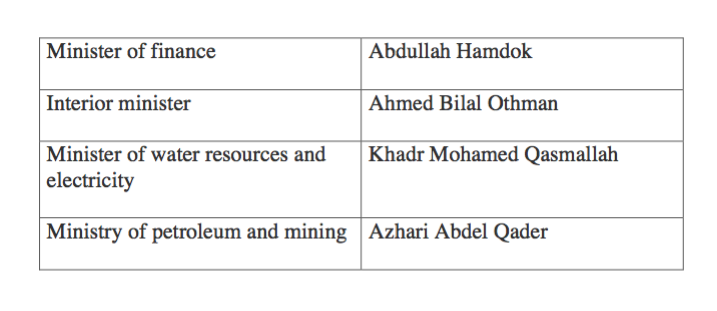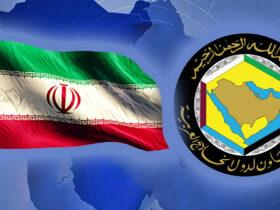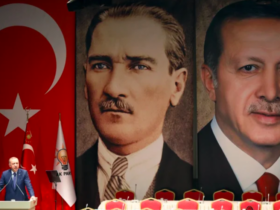The ruling party of Sudan, the ‘The National Congress’, has formed a new government in hopes of overcoming the crippling economic difficulties facing the country. An assistant to the president broke the news to journalists on Thursday evening after a meeting of party leadership.

The latest reforms
Given conditions of aggravated economic crisis, Sudanese President Omar al-Bashir issued a decree last week to dissolve the government and reduce the number of ministries from 31 to 21.
The new Prime Minister of the Sudanese government is the former head of the Ministry of Melioration and Electric Power, Moataz Mohammed Musa. According to the presidential aide, the head of the Ministry of Internal Affairs , the ministers of economy and finance, and the ministers of oil, gas and mineral resources have been replaced.
“The party’s leadership bureau confirmed the candidacies of 21 ministers and 27 state ministers, while minister of state affairs of the republic Fadil Abdullah Fadil, minister of defense Avvad Ibn Avvad and foreign minister ad-Dirdiri Muhammad Ahmed retained their posts,” the representatives of the presidential administration said. On Sunday September 16th, the first meeting of the renovated cabinet will take place.
Economic crisis
In recent months, Sudan, whose economy has been in a depressive state ever since the separation of oil-rich South Sudan in 2011, has reached a point of crisis. In particular, the rate of the national currency continues to fall, with high levels of inflation being mitigated through “black market” currency exchange. Importers fear that this could lead to interruptions in the supply of food and medicine.
Food prices in the country doubled last year, leading to anti-governement protests in Khartoum; however, these protests died out quickly. Even as Washington lifted its sanctions last October, it kept Sudan on its list of “state sponsors of terrorism,” a factor officials say keeps investors away and halts the country’s economic revival
Forecasts
The new and restructured government has the potential to provoke the gradual positive transformation of Sudan’s economy. Thoughtful and systemic rotations at all levels of government should mitigate and might even overcome the current economic crisis. Omar al-Bashir has not lost control over the state, and continues to exercise his power in order to find ways to improve the lives of his people.

















Leave a Reply